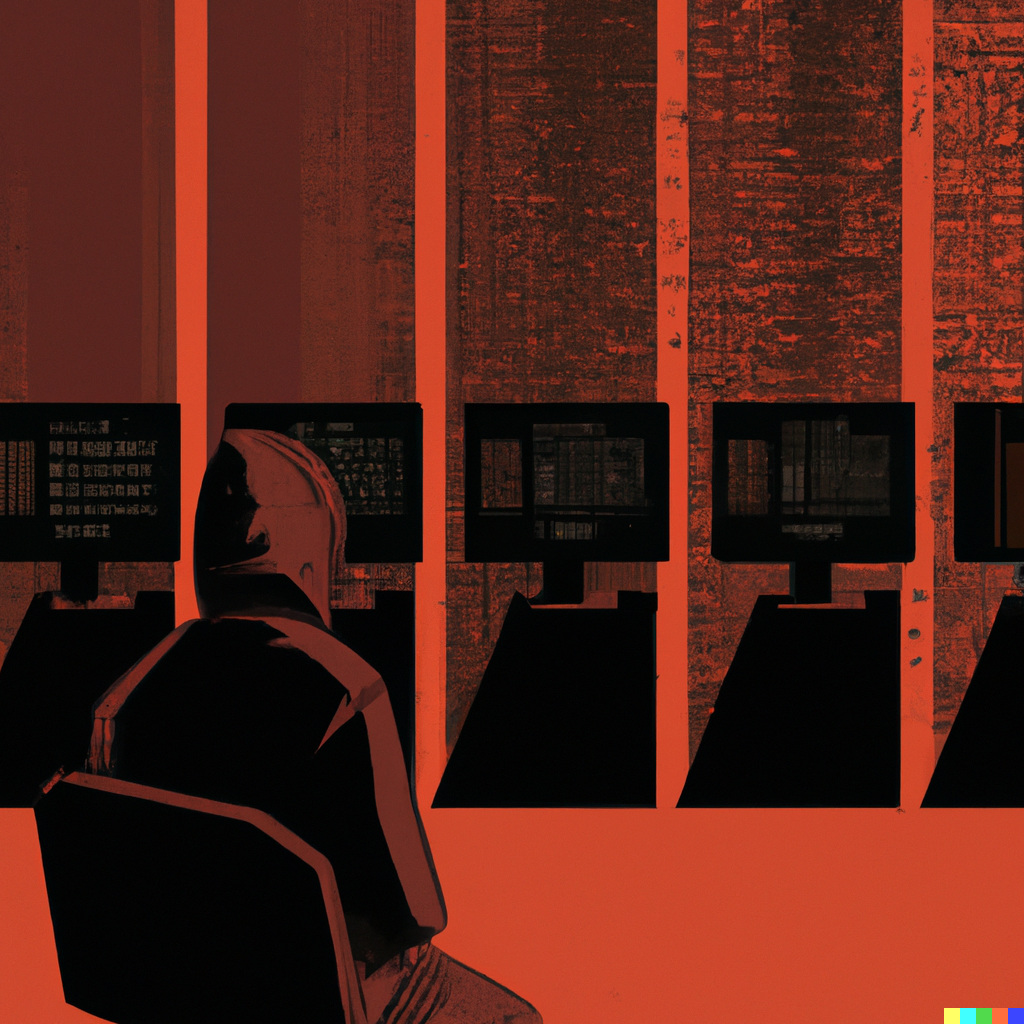- cross-posted to:
- linux@lemmy.ml
- cross-posted to:
- linux@lemmy.ml
Very frustrating to hear. I’ve been slowly migrating away from RHEL-based distros after they shifted CentOS to be upstream from RHEL. This is another nail in the coffin in my books.
Fool me once. I ran away from anything redhat when they clamped out on my free OpenShift with whatever they are doing now. Too brutal for me.
I guess they’re following the pissbaby toddler train culture that’s been growing in the techbro community as of late. The whole attitude of “We know better than our users, we’re going to aggressively monetize the shit out of it and nobody is going to care.”
Guess RedHat is going to learn the same thing that so many others have learned before them: Don’t piss off your users.
Especially not Linux users. This isn’t grandma with windows 95, or Uncle with his iPhone, Linux users are almost guaranteed to have in the past tried other distros.
They will again. Begrudgingly, but they won’t look back either.
The average FOSS enthusiast never was the target market for Red Hat. Big corporations whose purchasing departments like expensive support contracts are the target market. And for those, not much changes, and even if it did, those places don’t just switch to another distro on a whim.
Linux users also often have their personal files on a separate partition, making switching to a new distro incredibly easy.
I’m out of the loop, what’s going on?
RedHat, the first billion dollar open source company gets bought by IBM and goes closed source.
That is not rly correct. They provide the source code if you subscribe which is enough to honor GPL. The part about not distributing the code and not building a fork / competitor is against the GPL. GPL would even be honored if they print out the code and sent it to you per mail after you asked for the code. GPL does not mean you have to host the code on a public site.
Yes quite right 👍 you are correct.
I am merely expressing the sentiment that has angered so many.
I hope there’ll be an update to the GPL after that.
they’re putting their code base behind a paywall only for those who’ve paid for a RHEL license, effectively killing all downstream distros.
I’m curious to see how Oracle tackles this, Rocky and Alma seem to be going after the CentOS Stream packages, Amazon has already invested in AL2022/2023 which is a Fedora clone (35, or 36 I can’t remember) rather than RHEL. So it’s Oracle and all their billions that I want to see which direction they go after.
TIL RedHat is still relevant. I used RedHat in the 90s. I assumed it got left behind there.
Question: Unless your an enterprise or certifying software for an enterprise why do people use RHEL? There are just so many other options without the drama.
And just like that, my attempt at Linux on the desktop (take #4123), which was going to be Fedora, is back in flux. I don’t want to start investing time into a learning project in major transition and an uncertain future.
Ironically, I’m looking again at OpenSUSE, which I had left back during the SuSE-> OpenSUSE period. (You can tell I’m OG because I’m one of the few that uses the correct capitalization! haha)
IMO Ubuntu has been the best bet for linux on the desktop since about 2006.
They occasionally do things people dislike, but it’s always easy to pick a different flavour (Xubuntu and Ubuntu-mate are great examples IMO), and the underlying distro is reliable and stable.
I’m also a big fan of LTS releases, and supported upgrade paths between them.
/2c
I thought Mint was the big thing now. (I’m not big on Linuxnews, just what I heard.)
Mint is very easy to transition to from Windows and pretty stable. I’ve probably used that the most in the last 5 years and my only gripe is that it’s a little out of date (but that adds to the stability) and configuring sound has been a bit annoying.










